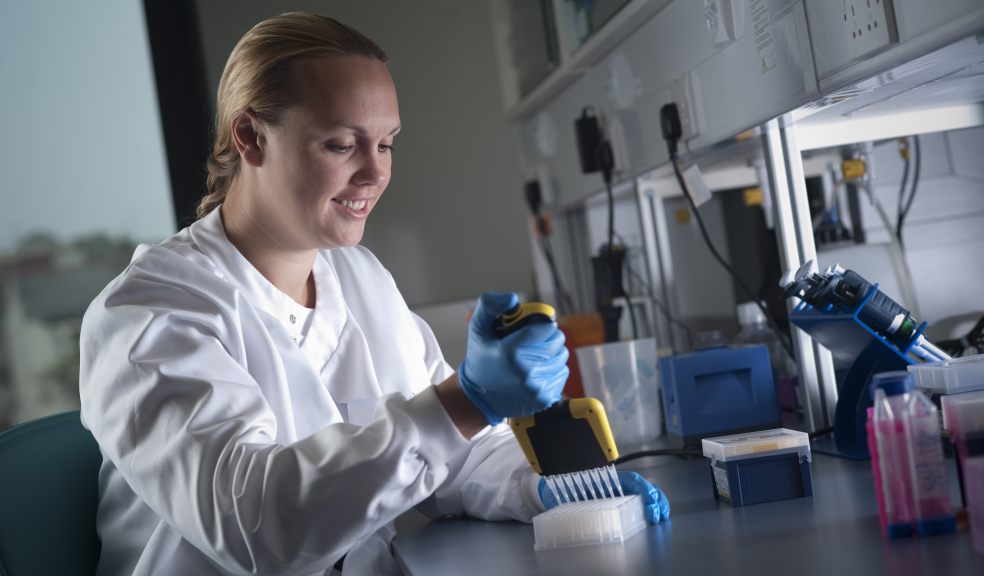
£190,000 boost for dementia research in Exeter
The dementia research charity BRACE and Kirby Laing Foundation have together awarded more than £190,000 to the University of Exeter Medical School to support cutting-edge genomic research to better understand the causes of dementia
Kirby Laing has provided £90,000 of funding to support a three-year PhD post in the Complex Disease Epigenetics Group within the Medical School’s world-leading research team that investigates how the way genes are activated influences disease.
Previously, the team has been involved in identifying a number of regions of the genome that are altered in Alzheimer’s disease. Now, the PhD funding, in partnership with BRACE, will allow them to hone in on a specific region, known as HOXA3, and use state-of-the-art techniques to establish how and why this gene is altered in Alzheimer’s disease.
An additional £100,000 of BRACE funding is supporting a two-year project to compare how gene regulation is altered in Alzheimer’s disease compared to in Parkinson’s disease, in collaboration with researchers at Cardiff University, with the aim of identifying unique genes to each dementia.
Dr Katie Lunnon, of the University of Exeter Medical School, said: “We’re delighted to receive these awards, which could ultimately have a real impact for people with Alzheimer’s disease. If we can identify the pathways in the brain that are specifically disrupted in Alzheimer’s disease, it may give us an insight into new ways to treat people with this form of dementia.”
BRACE chief Executive Officer Mark Poarch said: “Exeter is a centre of excellence in dementia research and the teams there are doing important work on a daily basis.
“We are delighted to team up with Kirby Laing to provide significant funding for Exeter to progress this vital work. When we support PhD research, we are not only following an important line of enquiry into dementia, but also helping to create the next generation of top scientists, which is crucial in the long struggle to defeat dementia.”





















